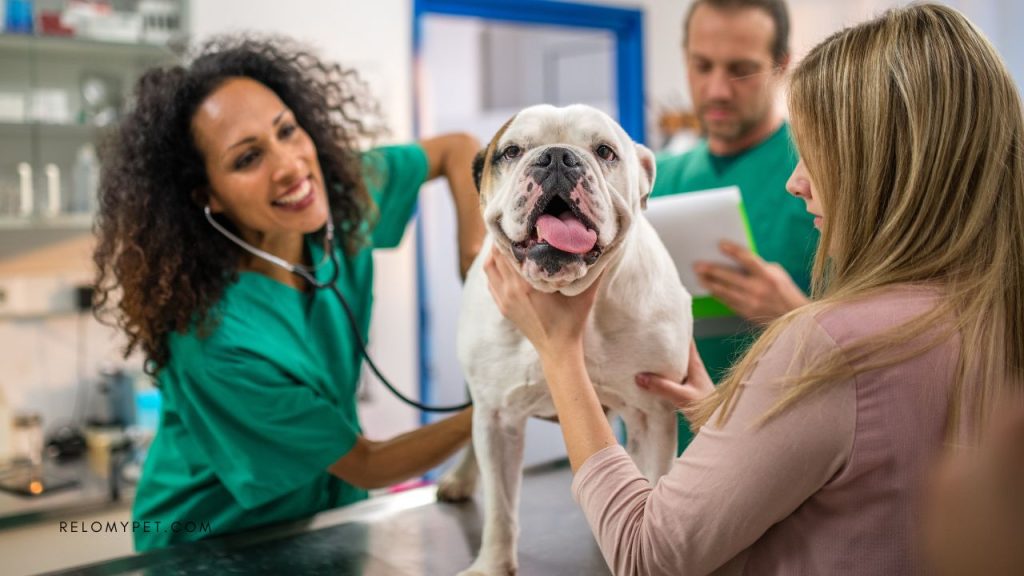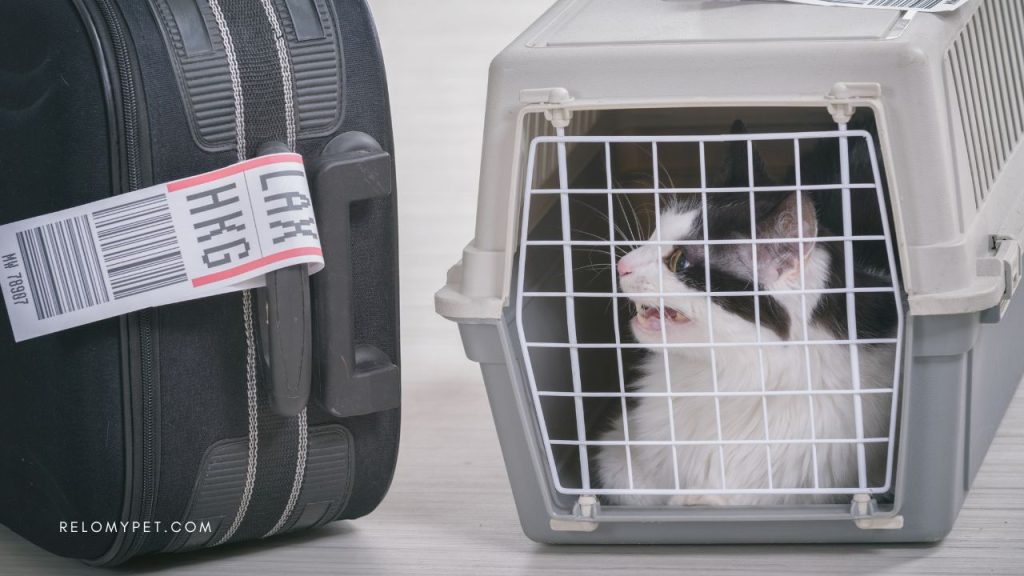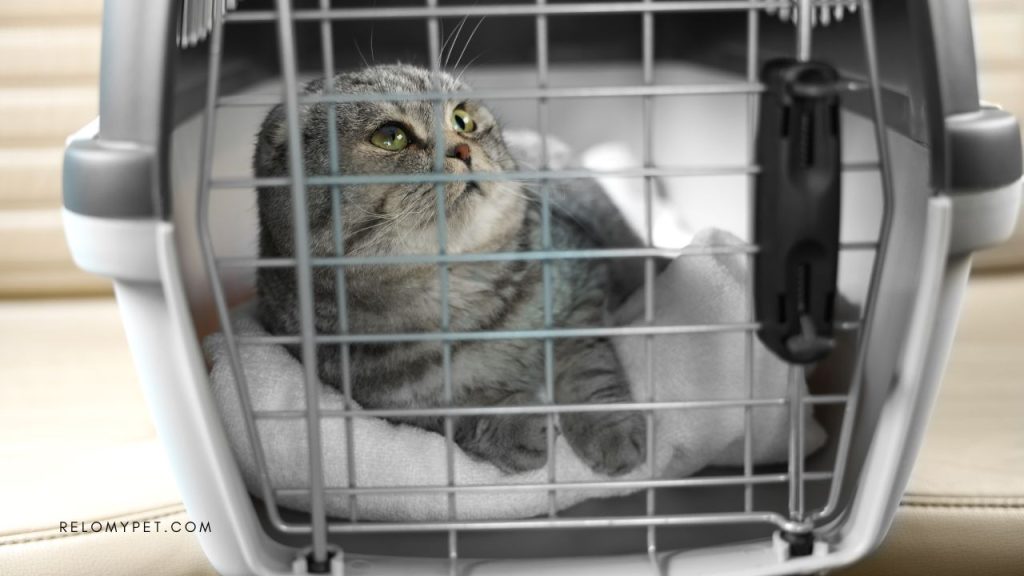9 Things You Need To Know Before Moving Your Pet to China
Table of Contents
Traveling to China can be an exciting experience, and bringing your furry friend along for the journey can make it even better. However, traveling with pets requires careful planning and preparation. In this guide, we will go over everything you need to know about China pet travel, including pet import regulations, quarantine requirements, vaccinations, health certificates, documentation, pet-friendly accommodations, transportation, and attractions.

9 things you need to know
Researching Chinese regulations for pets is a crucial step in preparing for your move to China. China has strict laws and requirements in place to ensure the health and safety of animals, as well as to prevent the spread of diseases. Here are some key things to keep in mind when researching Chinese regulations for pets:
1. General Entry Requirements
Import regulations
Bringing your pets to China is allowed, but it requires compliance with specific import regulations. China’s pet import regulations vary depending on the country of origin, breed, and type of pet. For example, dogs and cats must be vaccinated for rabies at least 30 days before entering China. Also, dogs must receive vaccination against canine distemper, canine parvovirus, infectious canine hepatitis, and leptospirosis. Additionally, pets must have a health certificate and be microchipped.
Health certificate & vaccination recorf
Also, pets must be accompanied by a valid health certificate and a vaccination record, indicating that they have received all required vaccinations. In some cases, additional tests or paperwork may be necessary, so make sure to check with your airline and the Chinese embassy or consulate in your country of origin.
Licensed veterinarian visit
In addition, all pets entering China must have a health certificate issued by a licensed veterinarian. The certificate should include the pet’s microchip number, breed, age, sex, and a record of all required vaccinations. The health certificate should be issued no more than ten days before departure and should have the information in both English and Chinese. Make sure to carry a copy of the health certificate with you at all times.

2. China Pet Travel Restrictions
China has restrictions on certain breeds of dogs, including
- Pit Bulls
- Japanese Tosa
- Neapolitan Mastiff
- Dogo Argentino
- Fila Brasileiro.
These breeds are not allowed to enter China, even if they meet all import requirements. Additionally, pets are not allowed to enter China if they are under three months old or if they have any health issues that may pose a risk to public health.
- Tibetan Mastiffs
- Rottweilers
- Doberman Pinschers
- German Shepherds
- Shar Peis
- Great Danes
- Siberian Huskies
These breeds are not banned outright, but they may face stricter regulations, such as requiring additional documentation or undergoing a longer quarantine period upon arrival. It’s important to note that these restrictions may vary depending on the city or region in China, so it’s always best to check with local authorities before importing a pet.

3. What happens if my pet does not meet the entry requirements?
If your pet is coming from a non-designated country and your pet does not meet the import requirements, China requires all pets to undergo a 30-day quarantine upon arrival. During the quarantine period, pets are kept in a designated facility, and owners are not allowed to visit. The quarantine facility is chosen by the Chinese authorities, and owners must pay a fee for their pets to stay. Make sure to book a quarantine facility in advance and to comply with all quarantine regulations to avoid any issues.

4. Pet Transport Regulations
When traveling with pets, it is essential to comply with all pet transport regulations to ensure your pet’s safety and comfort. This includes choosing an airline that allows pets, choosing an appropriate pet carrier, and ensuring that your pet is comfortable during the flight. Some airlines may have specific requirements for pet carriers, such as size and ventilation, so make sure to check with your airline beforehand.

5. Choosing the right travel carrier
Choosing the right pet travel carrier is essential for the safety and comfort of your furry friend during travel. Here are some factors to consider when choosing a pet travel carrier:
Size
The carrier should be spacious enough for your pet to stand up, turn around, and lie down comfortably. Measure your pet and choose a carrier that’s large enough to accommodate them.
Material
Look for carriers made from sturdy materials such as plastic, metal, or durable fabric if your pet is traveling to China as a carry-on. The carrier should be able to withstand the rigors of travel and protect your pet in case of bumps or jostles.
Ventilation
The carrier should have good ventilation to ensure your pet gets enough fresh air during the journey. Look for carriers with mesh windows or ventilation holes.
Security
The carrier should have secure fastenings to prevent your pet from escaping during travel. Check that the zippers, latches, or other fastenings are strong and durable.
Compatibility
Check with your airline or transportation company to ensure that the carrier meets their requirements. Some airlines may have specific regulations regarding the size, weight, or material of pet carriers.

6. Pet Travel Safety Tips
When traveling with pets, it is essential to prioritize their safety and comfort. Make sure to provide plenty of water and food during the journey, and take your pet for good exercise before going to the airport. Also, ensure that your pet is up to date on all necessary vaccinations and has a clean bill of health from a licensed veterinarian. Lastly, keep your pet on a leash or in a carrier at all times to prevent them from running away or getting lost at the airport.

7. China Pet-Friendly Accommodations
If you plan to travel to China with your pet, you should look for pet-friendly accommodations. Some hotels and guesthouses allow pets, but they may charge a pet fee or have restrictions on pet size and breed. Make sure to check with the hotel before booking and to comply with all hotel pet policies.

8. If you’re moving your Pet from Canada to China
If you plan to move your pet from Canada to China, you should start planning well in advance. Contact the Chinese embassy or consulate in Canada to inquire about pet import regulations and obtain all necessary documentation. Make sure to have your pet vaccinated, microchipped, and issued a health certificate before departure. Also, choose a reputable pet transport company that specializes in pet travel to China and book your pet’s transport well in advance. Feel free to reach out to us in order to receive an estimate!

It’s just cute, nobody transport pets in boxes 🙂
9. China Pet-Friendly Transportation
When it comes to pet-friendly transportation in China, it’s important to note that not all modes of transportation allow pets on board. However, there are still several options for pet owners to choose from depending on their needs and travel plans.
Domestic Flights
If you’re traveling within China with your pet, most domestic airlines allow pets on board as checked baggage or cargo. However, there are specific requirements and restrictions that must be followed, such as the size and weight of the pet, type of carrier, and health certificate.
High-Speed Trains
While pets are generally not allowed on board high-speed trains in China, some exceptions may apply for small dogs or service animals. For example, the Beijing-Shanghai high-speed railway allows small dogs weighing less than 10kg in carriers to travel on board. However, it’s important to check with the specific train company for their policies on pets.
Taxis and Ride-Sharing Services
Taxis and ride-sharing services such as Didi in China may allow pets on board, but it’s best to check with the driver beforehand. Some drivers may have restrictions or requirements, such as the type of pet carrier or a cleaning fee.
Buses
Pet policies on buses in China can vary depending on the specific bus company and route. Some long-distance buses may allow pets on board, while others may not. It’s best to check with the bus company in advance and to comply with their policies on pet transport.
Subways
Generally, pets are not allowed on board subways in China, with the exception of service animals. However, some cities such as Shanghai and Guangzhou have designated pet-friendly subway cars during off-peak hours, allowing pets to travel on board with their owners.
In summary, when it comes to pet-friendly transportation in China, it’s important to do your research and check with the specific transportation company or mode beforehand. It’s also important to comply with all regulations and requirements for pet transport to ensure a safe and comfortable journey for both you and your furry friend.

Conclusion
In conclusion, if you plan to move your pet from Canada to China, you should start planning well in advance. Make sure to have your pet vaccinated, microchipped, and issued a health certificate before departure.
If import requirements seem confusing, it might be a good idea to look into hiring a reputable pet transport company that specializes in pet travel to China and books your pet’s transport well in advance. Finally, look for pet-friendly accommodations and attractions in China, and make sure to comply with all pet policies and regulations.
Traveling with pets to China requires careful planning and preparation. Make sure to comply with all import regulations, vaccinations, health certificates, and transport regulations. Also, prioritize your pet’s safety and comfort during the journey. With proper planning and care, you and your furry friend can enjoy an unforgettable adventure in China.
FAQ about moving your pet to China
To bring a pet to China, you will need to ensure that your pet has received all necessary vaccinations, including a rabies vaccination. You will also need to obtain a health certificate from a licensed veterinarian and ensure that your pet is microchipped and registered with local authorities. Additionally, China requires that all pets undergo a quarantine period upon arrival to ensure that they are healthy and disease-free.
Yes, there are some breed restrictions and regulations in place for pets in China. Some breeds of dogs are restricted or banned in China due to concerns over aggression or disease. For example, pit bulls and other large breeds may be subject to stricter regulations than smaller breeds. Make sure to check with local authorities and your airline carrier to ensure that your pet is allowed into the country.
The length of the quarantine period for pets in China can vary depending on the type of animal, the country of origin, and other factors. Typically, the quarantine period ranges from 7 to 30 days. Make sure to research the specific quarantine requirements for your pet before you make travel arrangements.
Yes, some airlines allow pets to travel in the cabin or as checked baggage on direct flights to China. However, this can vary depending on the airline and the size of your pet. Make sure to check with your airline carrier for their specific regulations and requirements for traveling with pets.
Finding pet-friendly accommodation in China can be challenging, as many landlords do not allow pets. However, there are some rental agencies and websites that specialize in pet-friendly rentals. Make sure to start your search early and be prepared to pay a higher deposit or rental fee for a pet-friendly property.
In addition to national regulations, there are also some local laws and regulations for pets in China. For example, some cities may have leash laws or restrictions on walking pets in certain areas. Make sure to research the specific laws and regulations in your local area and follow them to avoid any legal issues.
While pets are becoming more popular in China, there are still some cultural considerations to keep in mind when traveling with a pet. For example, some people may be afraid of or uncomfortable around dogs. Make sure to be respectful of others and follow local customs when walking or exercising your pet in public.
Do you need to move your pet to China? Contact Relopet International
If you need to move your pet to China and want to ensure a safe and stress-free experience for your furry friend, consider contacting Relopet International. We are a professional pet relocation company that specializes in transporting pets, including big dogs, internationally. We are experienced professionals who can help you with every step of the process, from obtaining the necessary documentation to choosing the right airline and providing personalized care for your pet during transport. With Relopet International, you can have peace of mind knowing that your pet is in good hands and will arrive at their destination safely and comfortably.
